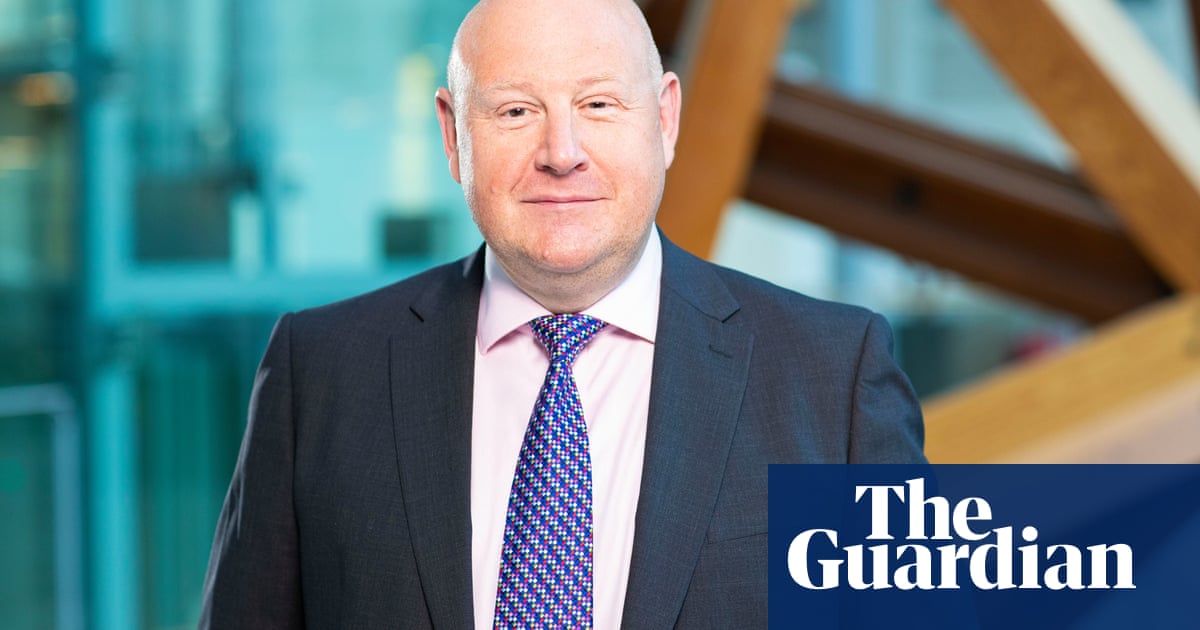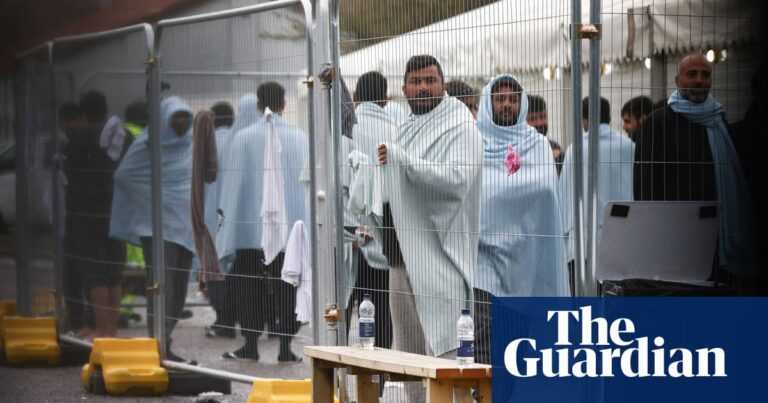
The backlog of cases in crown courts in England and Wales could hit 100,000 unless radical action is taken to overhaul the criminal justice system, a watchdog has said.
Anthony Rogers, the chief inspector of the Crown Prosecution Service (CPS) and Serious Fraud Office (SFO), said prosecutors’ caseloads were already beyond what had been seen before and he feared the situation could deteriorate.
He said the backlog in crown courts, which try the most serious criminal offences, was at 71,000 and CPS prosecutors were working with caseloads of “well in excess of 100, and in some places coming towards 200, cases per prosecutor”. In 2016, once a caseload passed 80 it “became a problem”, said Rogers.
Speaking as his annual report was published, Rogers said that while the increase in funding for justice announced in the budget – an average real-terms increase of 5.6% each year from 2023-24 to 2025-26 – was welcome, it would not solve the crisis.
“It’s more about thinking fundamentally about how cases are dealt with in the crown court, whether cases need to go to the crown court, whether some of the longstanding principles of justice can be altered,” he said.
“There are other types of crime that go to crown court that will be probably better dealt with more quickly in the interests of victims and defendants in the magistrates court. Very radical.
“That’s a government action that is radical but they’re the sort of things I’m talking about. Should we have judge-only trials? Absolutely radical. But without that sort of radical action, I’m predicting that 71,000 will reach 100,000 eventually, soon. I can’t see what’s going to stop it.”
The government has already enabled magistrates to try more offences by doubling the length of jail terms they can impose from the current maximum of six months, although the decision has been criticised by barristers. Moves to have judge-only trials would likely prove even more controversial.
Rogers said the sentencing review announced last week by the government was welcome but would not happen quickly. In the meantime, victims were being let down every day as the backlog increased, and were pulling out of one in three crown court trials, he claimed.
In a letter to the attorney general, Rogers highlighted how the high numbers of prisoners (17,662) on remand – people awaiting trial or sentencing who account for 20% of the prison population – increased the burden on the CPS of managing cases with time limits.
after newsletter promotion
He stressed that the CPS and SFO were delivering good levels of service but that experience levels in the former were falling, affecting service quality, and that the SFO needed more funding to retain staff.
The Ministry of Justice’s ambition, set out in October 2021 when the outstanding caseload was 60,000, is to cut it to 53,000 by March 2025 but the National Audit Office said in May that it was no longer achievable.
An MOJ spokesperson said the government inherited “a record and rising crown court backlog”.
She said: “While we are bound by a challenging financial inheritance, this government is committed to bearing down on outstanding cases. In addition to increasing sitting days, we have also extended magistrates’ sentencing powers from six to 12 months, freeing up 2,000 sitting days in the crown courts to handle the most serious cases.”
Source: theguardian.com


















